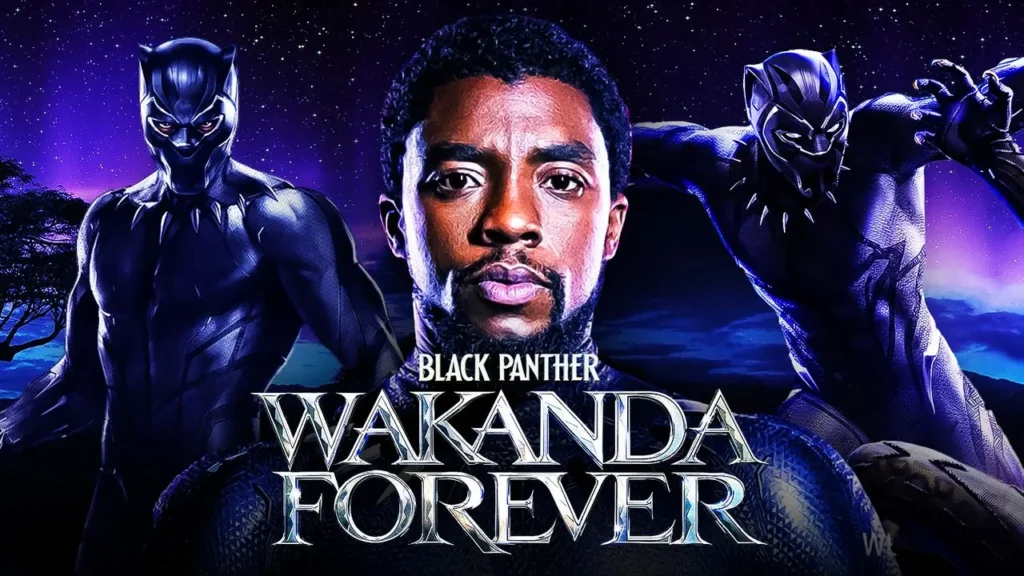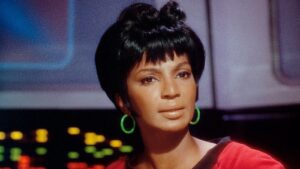
Exploring Black Representation in Sci-Fi
Historical Context of Black Representation in Sci-Fi
Early Contributions to Sci-Fi
Media Representation Over the Decades
From the 20th century onward, Black representation on screen slowly began to shift. Star Trek’s Lt. Uhura, played by Nichelle Nichols, was one of the few pivotal roles that provided visibility in a galaxy often dominated by white faces. The decades since have seen a growing number of Black characters in films and shows, although challenges remain
. 
Notable Works and Creators
Key Films and Series
Recent years have seen monumental works like “Black Panther” emerge, reshaping expectations of what sci-fi can represent. Films and series such as “Supercell” have offered new perspectives and challenged traditional narratives, standing as landmarks for Black representation in science fiction.
Influential Authors and Their Impact
Challenges and Stereotypes
Stereotypes in Sci-Fi
Barriers to Representation
The Future of Black Representation in Sci-Fi
Emerging Voices and Innovations
The horizon looks promising with new creators and trends bringing forth innovative storytelling. They break away from traditional patterns, ensuring that Black narratives are not just included but celebrated within sci-fi. Fresh voices are fueling a renaissance, seeking to redefine science fiction and fantasy featuring Black characters.